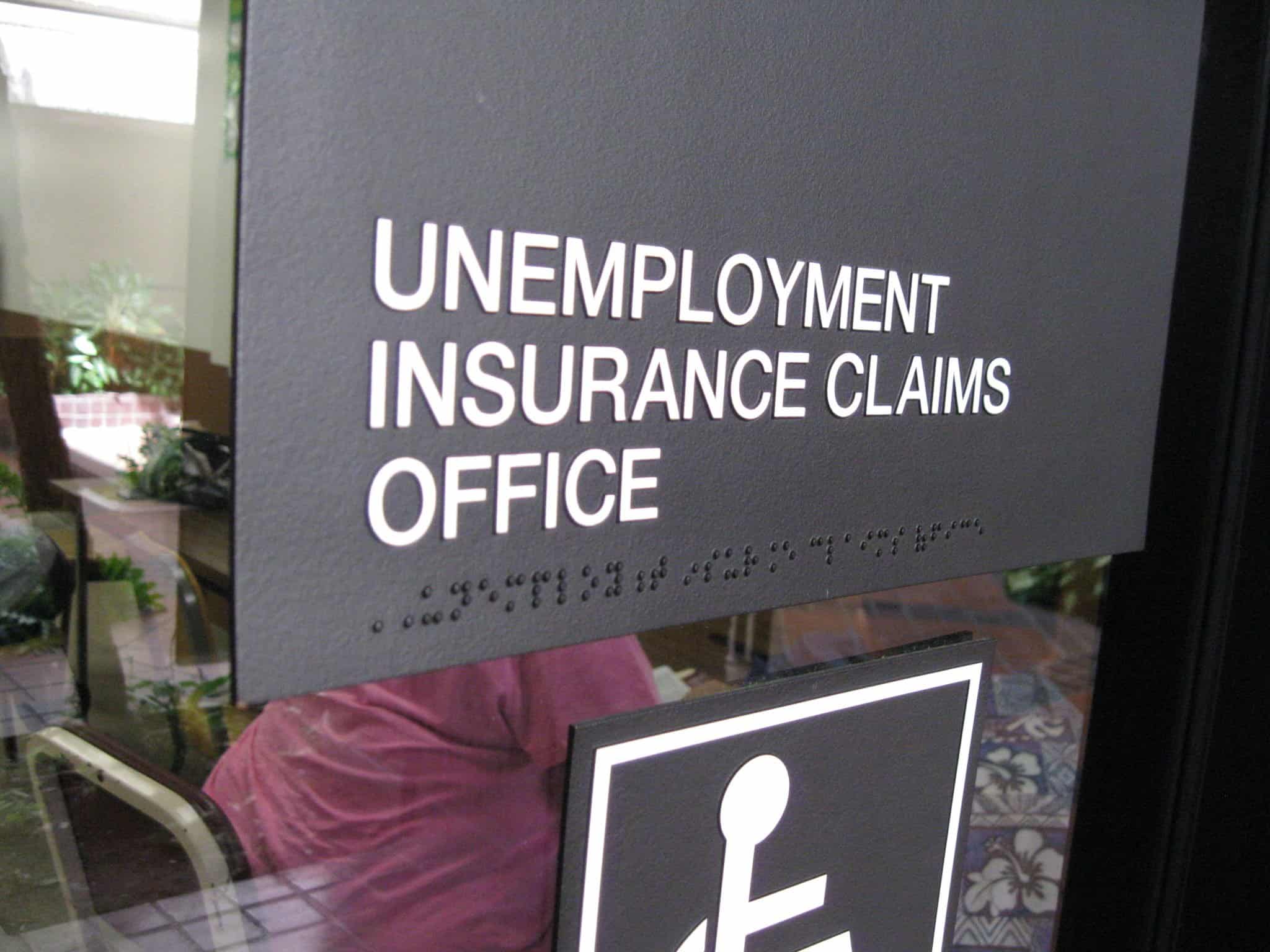Jacob Denz is a student at Harvard Law School
Expansion of unemployment insurance will be a major part of the U.S. government’s response to COVID-19’s disruption of the labor market, as Jason and Niki detailed last week. Reacting to record numbers of claims, many states are waiving or relaxing waiting periods, job search requirements, and other usual limitations on receipt of benefits. Meanwhile, the federal CARES Act stimulus legislation includes $250 billion aimed at increasing and extending UI benefits, while a parallel program will for the first time ever cover out-of-work independent contractors, freelancers, and other “self-employed” workers previously left out of the system.
These developments are all necessary. But unemployment benefits are not the only form expanded government support for workers can take. In addition to their existing unemployment compensation programs, the governments of Denmark, the Netherlands, and the United Kingdom are also paying the wages of employees who cannot work due to COVID-19. The goal is to prevent as many as possible from becoming unemployed in the first place.
Denmark’s program will pay up to 90 percent of the salaries of workers who must stay at home instead of working due to the country’s COVID-19 lockdown. The workers will remain on payroll, and the money will go to their employers to pay them. The U.K. announced a similar program that will pay up to 80 percent of wages for those unable to work due to the COVID-19 crisis. The Netherlands will pay up to 90 percent of the total payrolls of employers who have lost more than 20 percent of revenue during the crisis; crucially, employers can only receive this benefit if they do not lay off workers. Each program has an initial expected duration of approximately three months, with further support possible after that timeframe.
So far the U.S. has not taken similarly comprehensive steps to prevent mass layoffs. Instead of paying wages so that workers will not become unemployed, the CARES Act holds out a variety of new incentives meant to induce private employers to retain workers on payroll. For example, an Employee Retention Tax Credit would refund employers 50% of wages paid between March 13, 2020 and the end of the year, but the credit is available only to businesses that either suspend operations due to a COVID-19-related “shut-down order” or see a reduction of more than 50% in gross receipts compared to the same quarter last year.
Other CARES Act worker retention incentives include forgivable “paycheck protection” loans to small businesses. Despite their name, these loans would not require employer recipients to keep workers on payroll, though the amount eventually forgiven will be decreased for firms that lay off workers or reduce benefits. Loans to larger businesses will also come without general anti-layoff conditions, though there will be conditions prohibiting outsourcing and requiring employer neutrality in union organizing drives. (The airline industry is an exception to this general absence of job protection conditions for CARES Act business beneficiaries: in response to union pressure, airlines may not furlough any workers until September 30 in exchange for $58 billion in federal aid.) On the whole, this grab bag of incentives reflects a lower prioritization of mass layoff avoidance than the direct wage payment programs of Denmark, the Netherlands, and the U.K.
This contrast between the U.S. response and that of the northern European countries reflects deeper differences in the structure and societal conception of employment. For example, about two-thirds of Danish workers are unionized, compared to only six percent of private-sector workers in the U.S. Denmark’s Employment Minister attributes the country’s swift action to maintain payrolls in part to this high rate of union membership and the relative trust between unions and firms. More generally, government wage payment programs fit a worldview embraced by many Danes and other Europeans in which societal institutions like employment should reflect negotiation of the collective interests of workers, firms, and the public.
American laws and institutions instead often treat employment primarily as a private contract between a firm and an individual worker. To be sure, the establishment of UI in 1935 in response to the Great Depression was part of a broader repudiation of the more extreme versions of this rugged individualist view. But the UI model still treats the end of an employment relationship as an individual misfortune to be “insured” against rather than a societal problem best managed through participatory collective deliberation. In the same vein, “regulation” of relationships between employers and employees has been a feature of the U.S. legal system for many decades, but the underlying conception of employment as a private contract leads to reticence about more affirmative interventions. Thus, even when the goal is to reduce the number of people who become unemployed, the means adopted consist of indirect (and arguably byzantine and ineffective) private sector incentives rather than simply stepping in to pay workers’ wages.
But why care whether workers remain on payroll? Supporters of the European governments’ approach point out that rehiring huge numbers of unemployed workers at the end of the COVID-19 emergency would be costly and time-consuming under even the most optimistic assumptions. Firms will be reluctant to scale back up quickly amid lingering public health concerns and attendant generalized uncertainty. The resultant extension of the recession and delay in the recovery would increase the likelihood of both permanent dislocation for individual households and lasting macroeconomic damage. Even in better economic times, workers rehired after being laid off frequently take a pay cut, an especially bitter pill given that U.S. wages never fully recovered after the 2008-2009 recession. In the meantime, laid off workers will face debilitating uncertainty, which will have both economic and psychological repercussions. Better to keep workers on payroll, the argument goes, to minimize the economic disruption at both ends.
And in spite of U.S. government reluctance to intervene more forcefully to prevent mass layoffs, there is one huge reason to think that their consequences will be even worse here than they would abroad. Most working-age Americans depend on our employers for our health insurance. Unlike European workers, therefore, many of the millions of Americans who have already been laid off have also become uninsured. Losing one’s health insurance is bad enough in normal times. In the middle of a pandemic, mass health insurance loss becomes one of the dominos falling toward a generalized public health crisis. Although the CARES Act increased hospital funding, it did not offer any new health insurance options for this rapidly growing uninsured population. Instead, newly uninsured workers can fall back on COBRA, try their luck with the Affordable Care Act exchanges, or hope they are eligible for Medicaid, options that were already deeply inadequate to provide coverage for all Americans prior to COVID-19.
Some have predicted that COVID-19 will cause Americans to reevaluate the U.S. health care system. It may also be time to reevaluate our approach to unemployment as a societal problem. If so, the pilot wage payment programs of several northern European countries are an important experiment to watch.










Daily News & Commentary
Start your day with our roundup of the latest labor developments. See all
February 18
A ruling against forced labor in CO prisons; business coalition lacks standing to challenge captive audience ban; labor unions to participate in rent strike in MN
February 17
San Francisco teachers’ strike ends; EEOC releases new guidance on telework; NFL must litigate discrimination and retaliation claims.
February 16
BLS releases jobs data; ILO hosts conference on child labor.
February 15
The Office of Personnel Management directs federal agencies to terminate their collective bargaining agreements, and Indian farmworkers engage in a one-day strike to protest a trade deal with the United States.
February 13
Sex workers in Nevada fight to become the nation’s first to unionize; industry groups push NLRB to establish a more business-friendly test for independent contractor status; and UFCW launches an anti-AI price setting in grocery store campaign.
February 12
Teamsters sue UPS over buyout program; flight attendants and pilots call for leadership change at American Airlines; and Argentina considers major labor reforms despite forceful opposition.